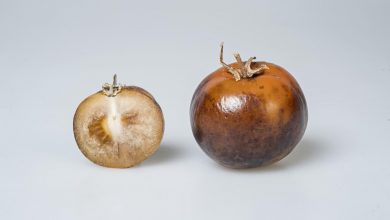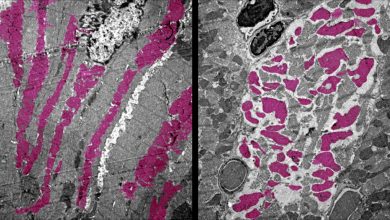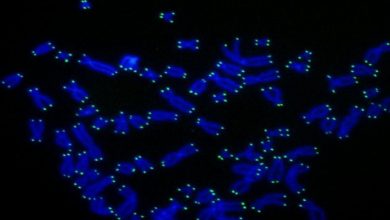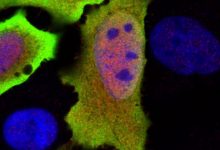
In a study done at the Queen Mary University of London, University of Exeter and Vanderbilt University found a new gene which can be thought to be controlling the hormone i.e insulin in diabetes.
This study was published in the journal PNAS, is done on a family with rare blood sugar conditions gave an indication for the development of novel treatments for both rare and common forms of diabetes.
About 1-2% of diabetic cases are due to the genetic disorder. A flawed gene leads dysfunction of the insulin-producing pancreatic cell which is known as the beta cell.
During their research, the team studied a unique case of a family some of the family members were suffering from diabetes, while some individuals of the family developed insulin-producing tumors in their pancreas. These insulin-producing tumors are known as insulinomas in which sugar level in blood is always low, unlike diabetic condition in which blood sugar level is high.
Lead author Professor Márta Korbonits said: “We were initially surprised about the association of two apparently contrasting conditions within the same families – diabetes which is associated with high blood sugar and insulinomas associated with low blood sugar. Our research shows that, surprisingly, the same gene defect can impact the insulin-producing beta cells of the pancreas to lead to these two opposing medical conditions.”
They also found that in males, diabetic condition were commonly observed while females were more prone to insulinomas. But nobody could find the reason behind this difference in the development of different condition.
Professor Korbonits added: “One exciting avenue to explore will be seeing if we can use this finding to uncover new ways to help regenerate beta cells and treat the more common forms of diabetes.”
During their research team recognized a genetic disorder gene called as MAFA which regulate the production of insulin from the beta cell. They also found out that this kind of gene defect is present in all the family members i.e in members suffering from diabetes and insulinomas which was quite surprising. It was also identified in a second, unrelated family with the same unusual dual picture.
It happened for the first time that such gene defect was linked with this condition. They observed that the resultant mutant protein was peculiarly stable and have the long lifespan in cell as compared to normal protein, and consequently way more abundant in the beta cells than in its normal version.
According to the first author of this study, Dr. Donato Iacovazzo, they consider that that gene defect is acute in the development of the disease and in future they will perform further studies so that they can find how this gene is impairing the insulin production to cause diabetes and on the other hand also causing insulinomas in other individuals.
Faye Riley is Research Communications Officer at Diabetes UK. She said: “We’re devoted to find more about the cause of all the type of disease at Diabetes UK. This recent research give us important vision about how a particular gene has a major impact on insulin-producing beta cells and how this is also linked to the development of a rare genetic form of diabetes. It’s also a great example of how studying rarer conditions could help us learn more about more common types of diabetes.”






